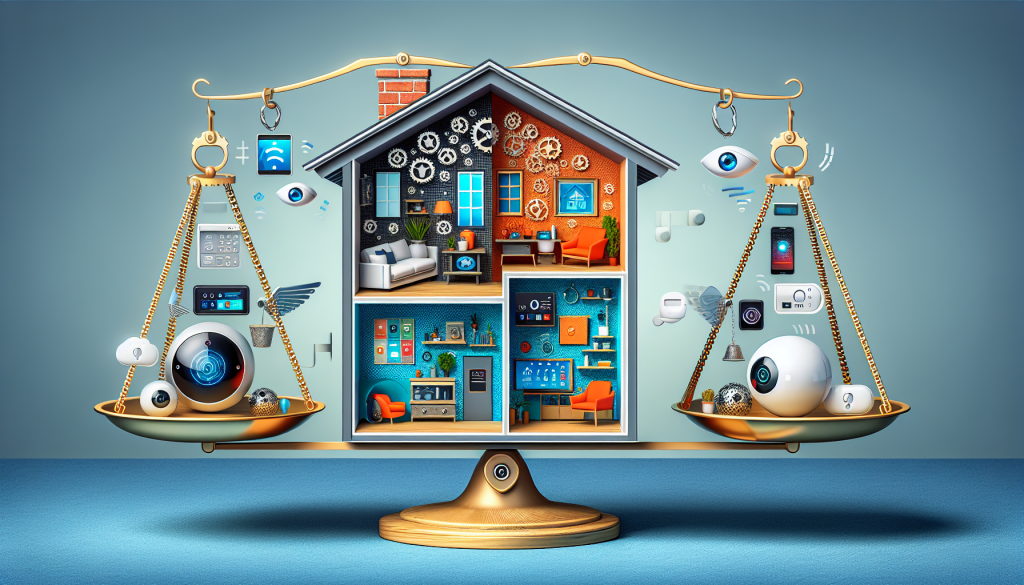
The Ethics of Smart Homes: Balancing Convenience and Privacy
The Ethics of Smart Homes: Balancing Convenience and Privacy
Smart homes have become a popular trend in recent years, with advanced technology allowing us to control everything from our thermostats to our lights with just the touch of a button. While these advancements make our lives more convenient, they also raise concerns about the invasion of privacy. The question of ethics comes into play when we consider the balance between the convenience of a smart home and the potential violation of our privacy. In this article, we will explore the ethics behind smart homes and how we can find a balance between convenience and privacy.
The Convenience of Smart Homes
The main selling point of smart homes is the convenience they offer. With the use of voice commands or a smartphone app, we can control our home’s devices from anywhere, making our lives easier and more efficient. For instance, we can turn on the air conditioning before we even arrive home, or we can schedule the sprinkler system to water our plants while we are away on vacation.
In addition, smart homes can improve our safety and security. With features like video surveillance and smart locks, we can monitor our homes and even allow access to trusted individuals without physically being there. These conveniences undoubtedly make our lives more comfortable and efficient.
The Privacy Concerns
Despite the numerous benefits of smart homes, there is a downside that cannot be ignored – privacy concerns. With every device connected to the internet, there is a risk of personal information being collected and potentially misused. As we rely more and more on smart technology, the risk of our personal data being hacked also increases.
Moreover, smart home devices are constantly listening and recording our conversations, as they need to be activated with a wake word. While these recordings are often automatically deleted, there is always a possibility of them being accessed by hackers or companies for targeted advertisements. This raises questions about the invasion of privacy and ethical boundaries.
Finding a Balance
So, how do we find a balance between the convenience of smart homes and the protection of our privacy? One solution is to be mindful of the devices we choose to bring into our homes. We should research the security features of each product and consider the potential risks involved before making a purchase.
In addition, educating ourselves about the technology we use is crucial. We should know what data is being collected and how it is being used. Many companies have strict privacy policies in place, and it is our responsibility to read and understand them to protect our privacy.
Furthermore, taking necessary precautions such as enabling two-factor authentication and regularly changing passwords can significantly improve the security of our smart homes.
The Bottom Line
There is no denying that smart homes have numerous advantages and make our lives more convenient. However, it is essential to consider the potential ethical concerns that come with these devices, especially when it comes to our privacy. By being cautious and informed consumers, we can find a balance between convenience and privacy and enjoy the benefits of smart homes without compromising our ethics.
In conclusion, the ethics of smart homes revolve around finding a balance between convenience and privacy. While these devices have the potential to make our lives easier, we must remain mindful of the potential risks and take necessary precautions to protect our privacy and security. By doing so, we can fully embrace the conveniences of smart homes while staying true to our ethical values.
